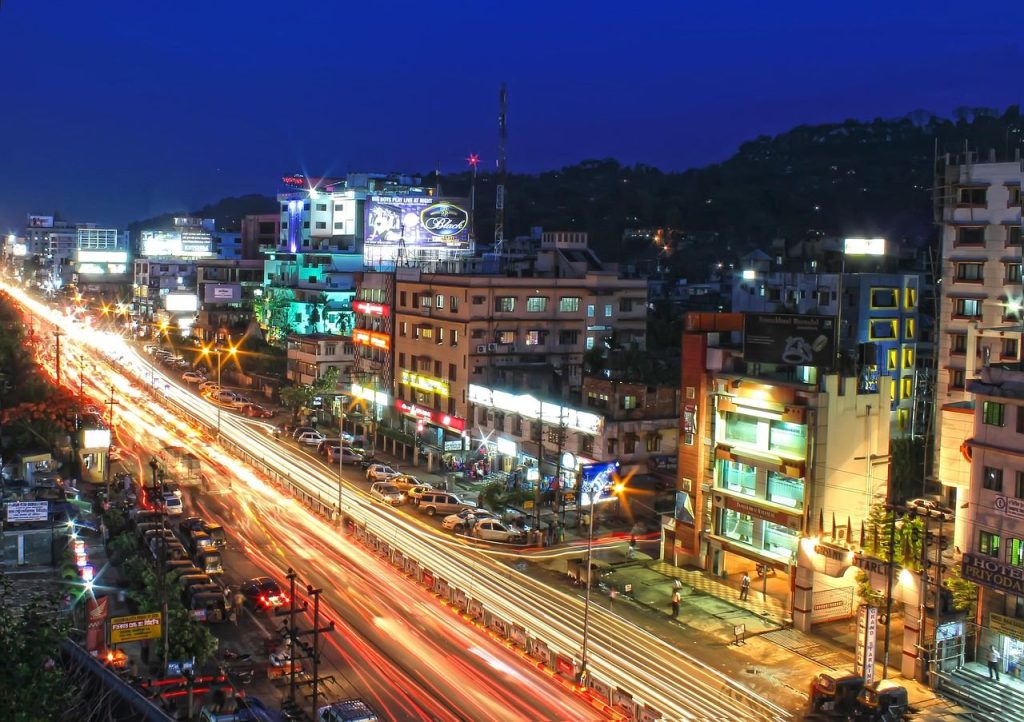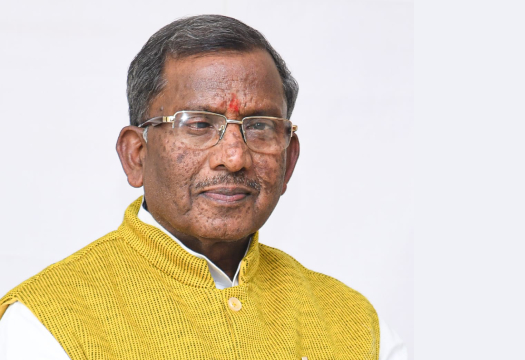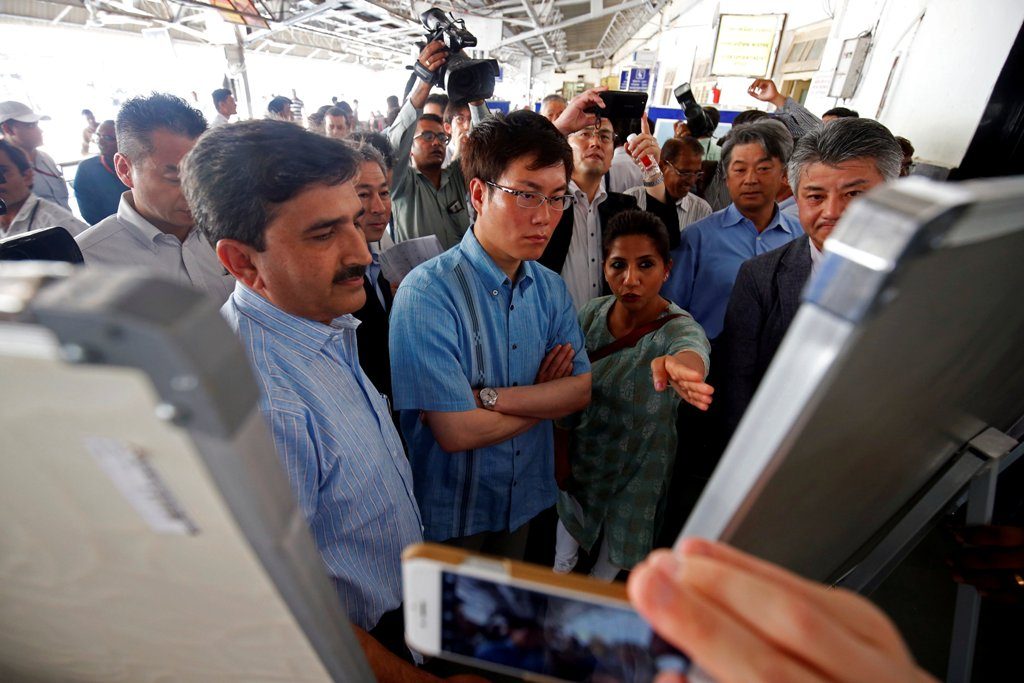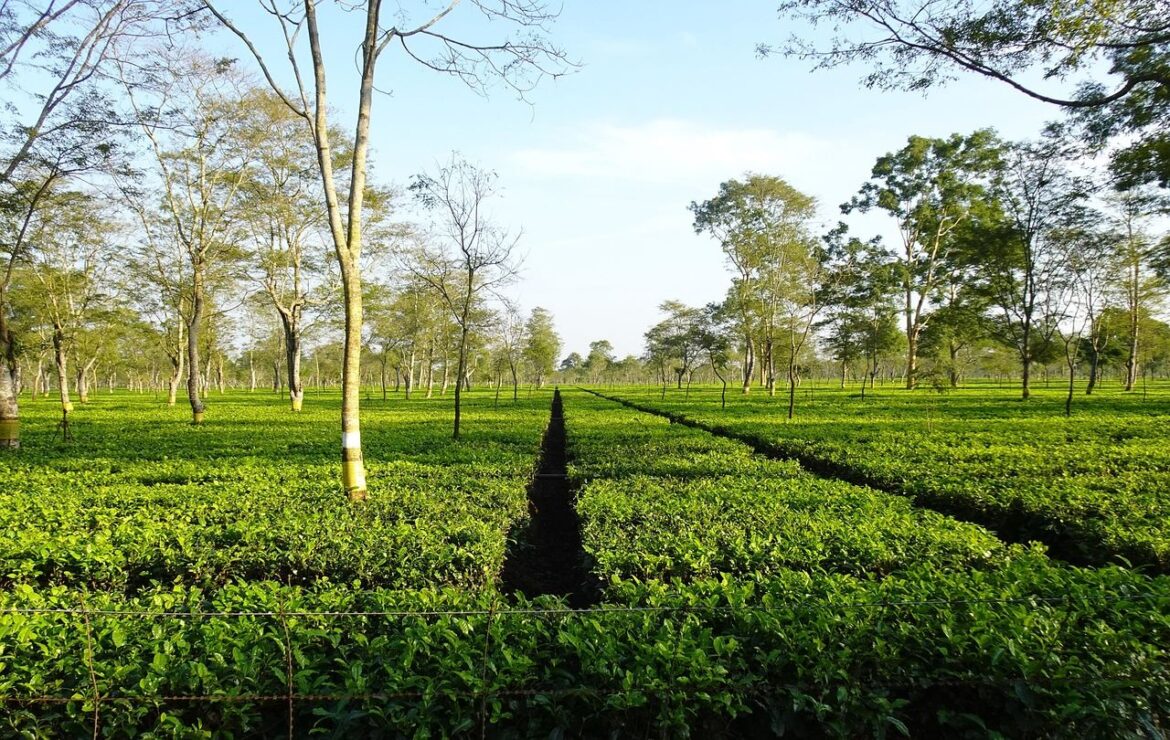Japan has been investing in a big way in the Northeast Indian state of Assam for several years. One major project involving Japan is the Japan International Cooperation Agency, JICA-backed Dhubri-Phulbari Bridge in Assam. When completed, it will be India’s longest bridge.
JICA has also facilitated the water supply project in Guwahati, Northeast India’s biggest and most important city. Assam is also working towards a Japanese industrial township in the state, which it hopes to realize in the not-too-distant future.
So, why is Assam important for Japan?
In terms of population, Assam is the biggest state in Northeast India. It has pristine forests and amazing natural beauty. Besides, it has big rivers like the Brahmaputra, which make transportation easy in the region.
In addition, the industrialization of Assam started early when the British started tea plantations in Assam. The world’s oldest functioning oil refinery is in Digboi, Assam. All of these provide the state an edge vis-à-vis the other parts of Northeast India.
 A night view of the city of Guwahati in India’s state of Assam. (Via Pixabay by Donvikro)
A night view of the city of Guwahati in India’s state of Assam. (Via Pixabay by Donvikro)
Japan’s Engagement Beyond Assam
Apart from Assam, Japan has also been actively involved in other Northeastern states like Nagaland, Meghalaya, and Mizoram. It is worth recalling that this part of India has long ties with Japan, going back to World War II.
In addition, more than 200 young individuals from Assam and the rest of the Northeast states have traveled to Japan for higher education and employment opportunities. There has also been collaboration between premier institutes like IIT Guwahati and Japanese universities. In addition, youths from the Northeast have been visiting Japan as part of the Indo-Japan Youth Invitational (IRIS) program.
Japan’s free and open Indo-Pacific strategy (FOIP) aims at keeping the sea lanes of communication in the Indo-Pacific region open and free. As a part of the same, Tokyo has been increasing its footprint in the Northeastern part of India.
The FOIP strategy has been an integral part of Japanese foreign policy ever since the time of former Japanese Prime Minister Shinzo Abe. It has slowed down since the coup in Myanmar and the recent instability in Bangladesh. However, the free and open Indo-Pacific initiative has been continued by all the prime ministers in Japan who have followed Shinzo Abe.
What Are the Challenges?
There are some challenges when it comes to Japanese investment in Assam. However, these can be overcome in the short and medium term.
One is the issue of infrastructure. It is worth noting that both the central and the state governments have invested significantly in the development of physical infrastructure in the region.
Second, on the international front, there is the issue of Bangladesh. However, what is certain is that the Bangladesh imbroglio will be resolved sooner rather than later.
 Governor Laksham Prasad Acharya of Assam (Courtesy of the Assam government website)
Governor Laksham Prasad Acharya of Assam (Courtesy of the Assam government website)
The Overall Investment Scenario
The overall investment scenario in Assam is definitely on a high, especially after the “Advantage Assam” summit in late February 2025. Leading Indian private players have made major announcements on the investment front since then. Assam has seen rapid infrastructure development in all fields, and it is only going to increase in the short term.
Besides, Assam is home to some very high-quality educational institutions like IIT-Guwahati, Tezpur Central University, Assam University, Silchar and others. In addition, the Tata Group recently came up with a Rs 27,000 crore (approximately $3 billion USD) investment to build a state-of-the-art, greenfield semiconductor assembly and test facility in Jagiroad, Assam. This is expected to generate over 27,000 direct and indirect jobs in the region. The Japanese Ambassador Keichii Ono visited the plant in early February.
The Road Ahead
Japan has been investing a lot in India as a part of its overall China+1 strategy. Already, Japan has been actively investing in Southeast Asia as a part of this strategy to divest investment away from China. Things are poised to take a turn for the worse with the Trump administration ratcheting up tensions with China. There is no doubt that Japan will also be forced to move away from China sooner rather than later.
Japan has been investing in some big-ticket projects in India, like the Delhi-Mumbai Industrial Corridor and the Mumbai-Ahmedabad bullet train project. In addition, the Delhi Metro project is one of the flagship transportation projects in the country and one of the best examples of Japan-India cooperation on the infrastructure front.
One important aspect of Japanese Official Development Assistance support to India’s Northeast has been upgrading the National Highways. One such stretch is between Aizawl and Tuipang in Mizoram, which has been supported by JICA. It is worth noting here that this highway would ultimately connect with the Kaladan Multi-Modal Transit Transport Project in Myanmar (which has been funded by New Delhi).
 Masatoshi Akimoto, then-Japanese Parliamentary Vice-Minister of Land, Infrastructure, Transport and Tourism, looks at the route maps of the Ahmedabad Metro Rail Project site and Mumbai Ahmedabad High-speed Rail (MAHSR) site. In Ahmedabad, India, May 5, 2018. (©Reuters)
Masatoshi Akimoto, then-Japanese Parliamentary Vice-Minister of Land, Infrastructure, Transport and Tourism, looks at the route maps of the Ahmedabad Metro Rail Project site and Mumbai Ahmedabad High-speed Rail (MAHSR) site. In Ahmedabad, India, May 5, 2018. (©Reuters)
Bringing Together Two Indo-Pacific Policies
To sum up, Assam is a very important part of Japan’s free and open Indo-Pacific policy. Moreover, this is something that is not going to change in the immediate future. In the wake of the domestic flux in Bangladesh and Myanmar, Assam has become all the more important in the Japanese scheme of things in the region.
Unlike many other states in the country, Assam is not saturated with investments and hence there lies a huge potential for Japanese companies to invest in Assam. In addition, given the fact that there are many similarities between this part of India and Japan in terms of dietary habits, youths from Assam can help fill up the gap in Japan when it comes to areas like caregiving, agriculture etc.
Assam is where India’s Act-East Policy meets Japan’s free and open Indo-Pacific vision. And therein lies its importance.
RELATED:
Author: Dr Rupakjyoti Borah
Dr Rupakjyoti Borah is a Senior Research Fellow with the Japan Forum for Strategic Studies. The views expressed here are personal.
Continue Reading


AloJapan.com